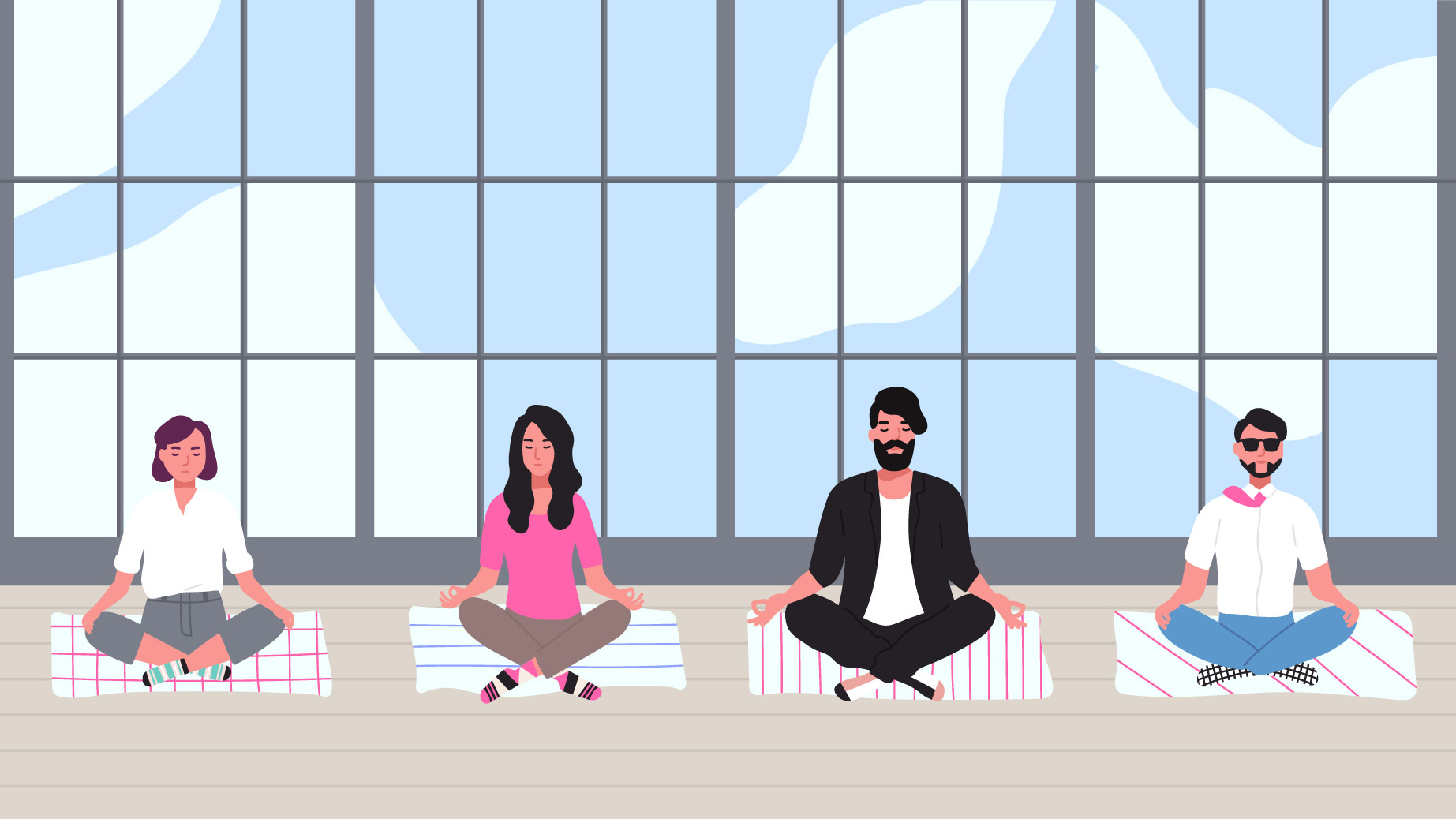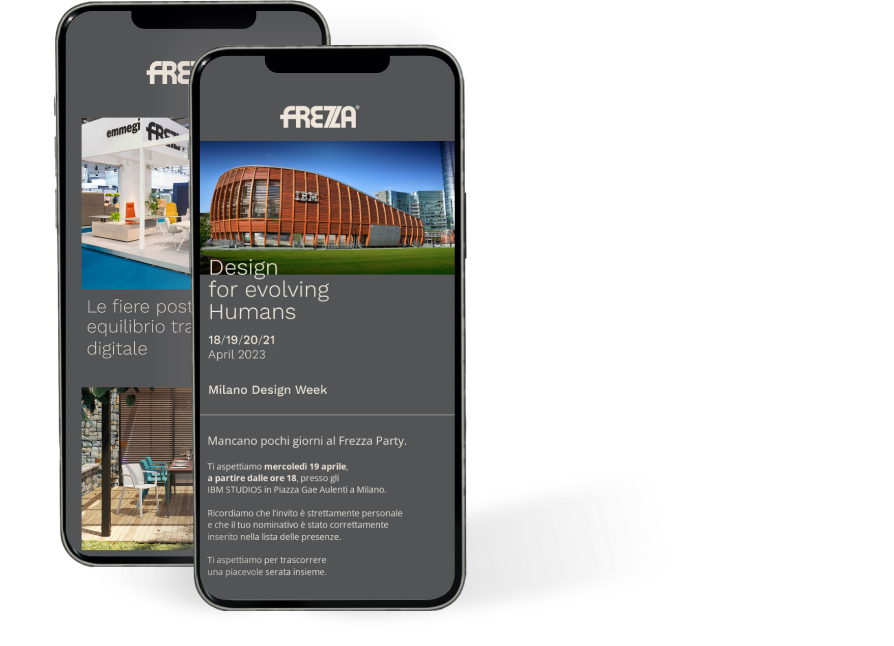Intense meetings, deadlines to meet, tensions or conflict: working days include all those things of course, but the equation “a build-up of commitments equals stress” is not always so predictable. If the atmosphere at work is particularly intense or stressful, it’s a good idea to create a tiny oasis of calm for yourself, where you can recharge the batteries of both body and soul. What’s the secret? Meditate.
Meditate, me?
Meditation and work have been concepts that were poles apart for a long time. It is probably the result of corporate cultural legacies, naturally founded on practicality and pragmatism, which have always associated certain practices with the most obvious clichés, consisting of images of young hippies, sacerdotal gurus and rooms full of incense. It was only in the Nineties that workplace psychology began to systematically study the potential of meditation in productive environments with surprising results.
Tradition, actually science
Meditating regularly produces concrete benefits in terms of concentration, self-esteem, creativity and motivation. Recent studies, like this one featured in the International Journal of Psychological Studies, have specifically looked at work environments. The American Institute of Stress reiterates that people who meditate regularly see their blood pressure return to normal and a reduction of factors linked to stress and anxiety. The studies focussed on benefits for companies and reached a common conclusion: encouraging staff to practice meditation brings broad-ranging benefits like greater punctuality, lower rates of absenteeism, improved customer relations and increased productivity.
The age of mindfulness
With such credentials, office meditation rapidly became popular in West Coast start-ups in America. The latest craze sweeping offices is above all mindfulness, a recently defined practice based on two fundamental concepts: awareness and concentration.
- Awareness is the ability to act in the most intentional way possible, observing accurately but not critically.
- Concentration is a positive effort by the mind to focus on its object in the purest fashion, with no interference from thought which is affected by past experience or future projections.
Mindfulness is thus a discipline that teaches us to cultivate attention in a wise, healthy and clean way. The list of companies who promote mindfulness include high-profile names like Apple, Google, Yahoo and Nike among others. They have all been persuaded that losing a few hours to meditation is a profitable investment and not merely a benefit for workers.

Mindfulness: what it is not
It is not a relaxation technique: although we talk about meditation, the purpose of mindfulness is not relaxation. Mindfulness and its philosophy help you to gradually find or rediscover a renewed sensation of mental and physical well-being that does not necessarily pass with the feeling of relaxation that you expect from a course of meditation.
There is no clearing of thoughts from your mind: the principles of acceptance, patience and all the typical pillars of mindfulness, risk being misinterpreted as the “panacea”, the cure for all ills or the method that allows you to clear all thoughts from your mind.
Meditate, people
How do you start? Many people like to meditate at dawn, before they face the working day. If you don’t actually feel like setting your alarm clock so early, you can meditate in your lunch break, when the office empties, or at home when you are not logged on remotely. The ideal solution whether in the office or at home is to be able to find a peaceful space that preferably has soundproofing and comfortable armchairs. But that is not compulsory. Walking meditation is where you combine meditation with a pleasant walk.
For those who need a meditation guide, some people like to use an app to help.
You don’t necessarily have to be in a group to meditate. What you do need is the desire to switch off from your normal work mode of thinking for a few minutes.
The vocabulary of meditation does not include corporate terms like goals, challenges or results, since it is not about reaching your destination quickly, it’s about enjoying the whole journey.


